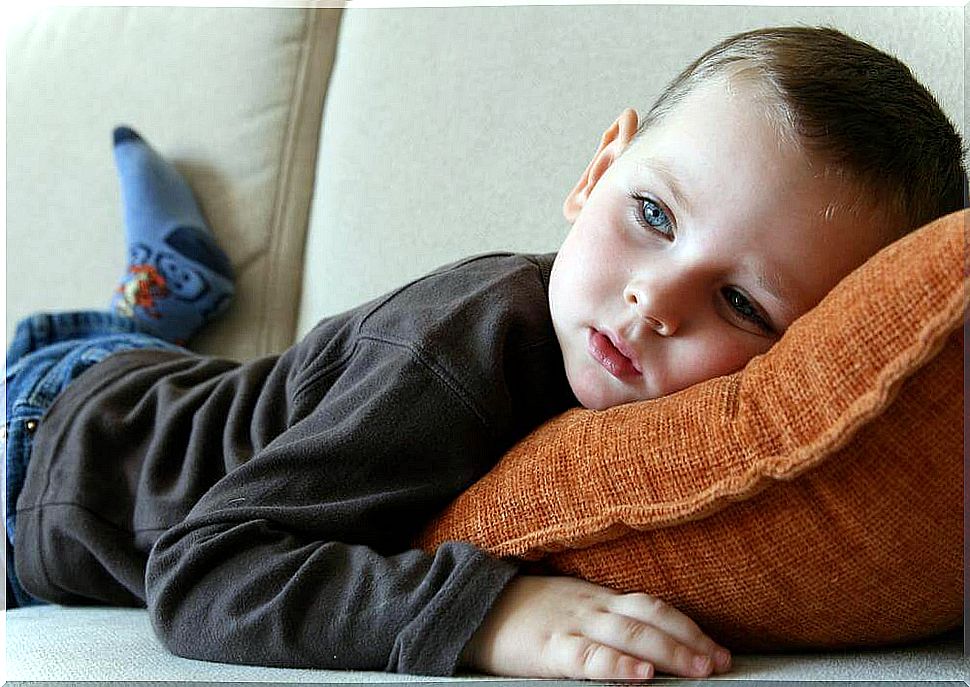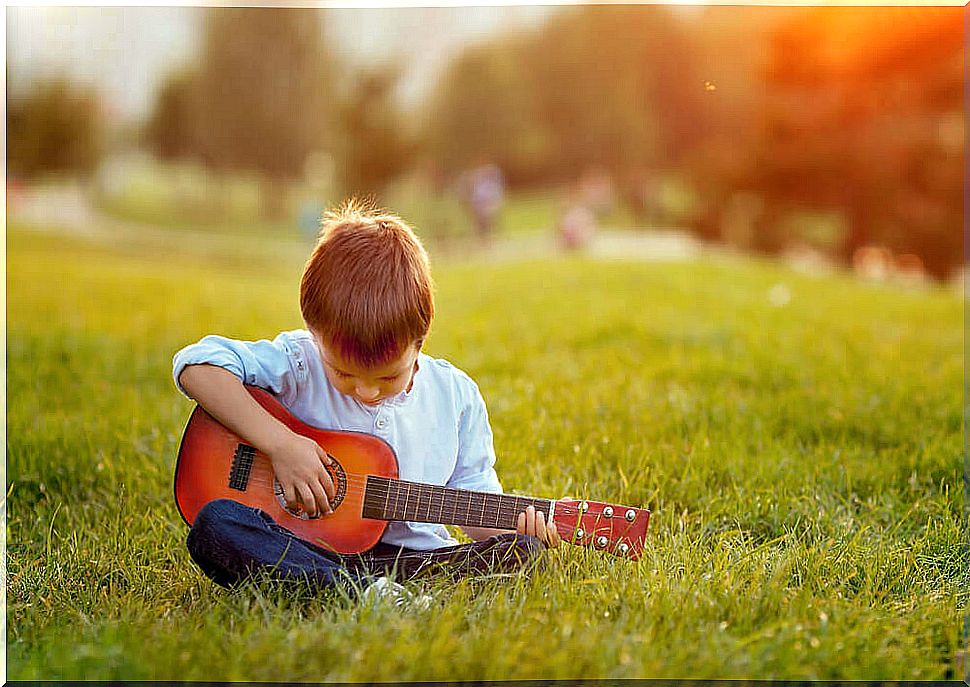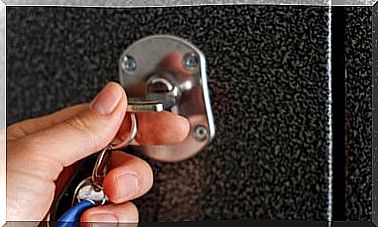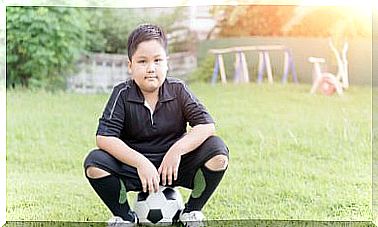How To Raise A Highly Sensitive Child
Raising a highly sensitive child takes time and effort. For what reason? High sensitivity is a personality trait that is little known in some parts of the world. However, between 15 and 30% of the population are born with a greater capacity for sensory perception.
This does not mean that they are better or worse; they are simply different. They pay much more attention to the emotional aspect of events and language than the average person.
In contrast to the above, a person with less sensitivity would pay more attention to the instrumental aspects of language. Hence the conflict. For some it matters more what is said, and for others how it is said.
Having high sensitivity is not considered a disorder or disease, but rather a set of characteristics that, if not taken into account, could cause problems in the life and development of the child.
However, before sharing advice on how to educate a child with these characteristics, it is necessary to define what it means to be a NAS, that is, a highly sensitive child.
Who are highly sensitive children?
The concept of “high sensitivity” was a concept developed by Dr. Elaine Aron, author of the book The Gift of Sensitivity , in the 1990s.
According to their research, a child with “Sensory Processing Sensitivity” presents 4 important behaviors, in addition to other characteristics, to be classified as such within this group.

We briefly describe these 4 considerations below:
- Depth of thought : This aspect refers to the tendency to constantly evaluate previous thoughts or experiences to elaborate a very detailed analysis before making any decisions.
- Great empathy and emotional reactivity : perhaps it is one of the central factors of children and people with high sensitivity, since they have great emotional intensity and the ability to perceive and feel the mood of other people.
- They perceive subtleties : highly sensitive children are experts at perceiving details in smells, tastes, textures, visual details, among other aspects that are not evident to the vast majority of people.
- Sometimes they feel overstimulated : saturation or overstimulation in highly sensitive children is caused by excess information, sounds, bright lights, or intense and deep analysis.
Currently, it is possible to find different reliable sites on the net to perform the high sensitivity test. Although the results are not usually definitive, they can be helpful in making an early diagnosis in your little ones.
How to raise a highly sensitive child
In short, a highly sensitive child is different from others. Their abilities to feel and perceive are more developed compared to those of other children, which is why they tend to be thoughtful, attentive, creative, understanding, emotional and, at times, a bit shy.
Now, considering the main characteristics, how can you educate a highly sensitive child? Don’t miss the following tips.
Listen and express emotions

It is vital to listen to a highly sensitive child in order to understand and help him. Perhaps your son or daughter comes to confess their fears or fears and they seem like a small thing to you.
However, for your little one it is important, so avoid making comments like “you have to be stronger! or “it’s not so bad!” Instead, it ‘s better to make him feel safe and push him to overcome barriers.
Help him understand
In the case of children with high sensitivity, it is necessary to point out the importance of diversity and that being different is not a bad thing, but a great opportunity.
Being different allows us to complement each other. For this to happen, respect is very important, which is precisely one of the inherent characteristics of highly sensitive children.
Accept your little one
This is probably the best advice a parent of a highly sensitive child can follow.
Knowing that the little one has come into the world with a high sensitivity allows parents to respect their way of being and avoid inappropriate judgments that can affect their self-esteem.
Be understanding
For a highly sensitive child, rest and stillness are vital, therefore you must be understanding, when going out try to avoid overwhelming places.
For example, places where there is a lot of noise, crowds of people or too much movement. Instead, opt for contact with nature or places where you can validate their introvert character without supporting asocial behaviors.
Enhance the child’s abilities

As we have seen, highly sensitive children have different abilities and capacities. For that reason, it is important to help him trust his own talents.
Generally, they tend to orient their skills towards music, painting, reading; any activity related to creativity, the arts, the senses and sports.
Also, it will help the little one a lot to know that you are proud of his achievements and that you will be there, next to him, to support him.
Conclusions
Without a doubt, educating a highly sensitive child is not easy as it takes time and effort. However, for Karina Zegers de Beijl, a specialist in the subject, children with these characteristics are extra-special as they are guardians of culture, values, nature and the arts themselves.
Therefore, educating a child with high sensitivity with love, respect and understanding is the best thing to do. Above all, because the way we educate them will affect their development and quality of life.









